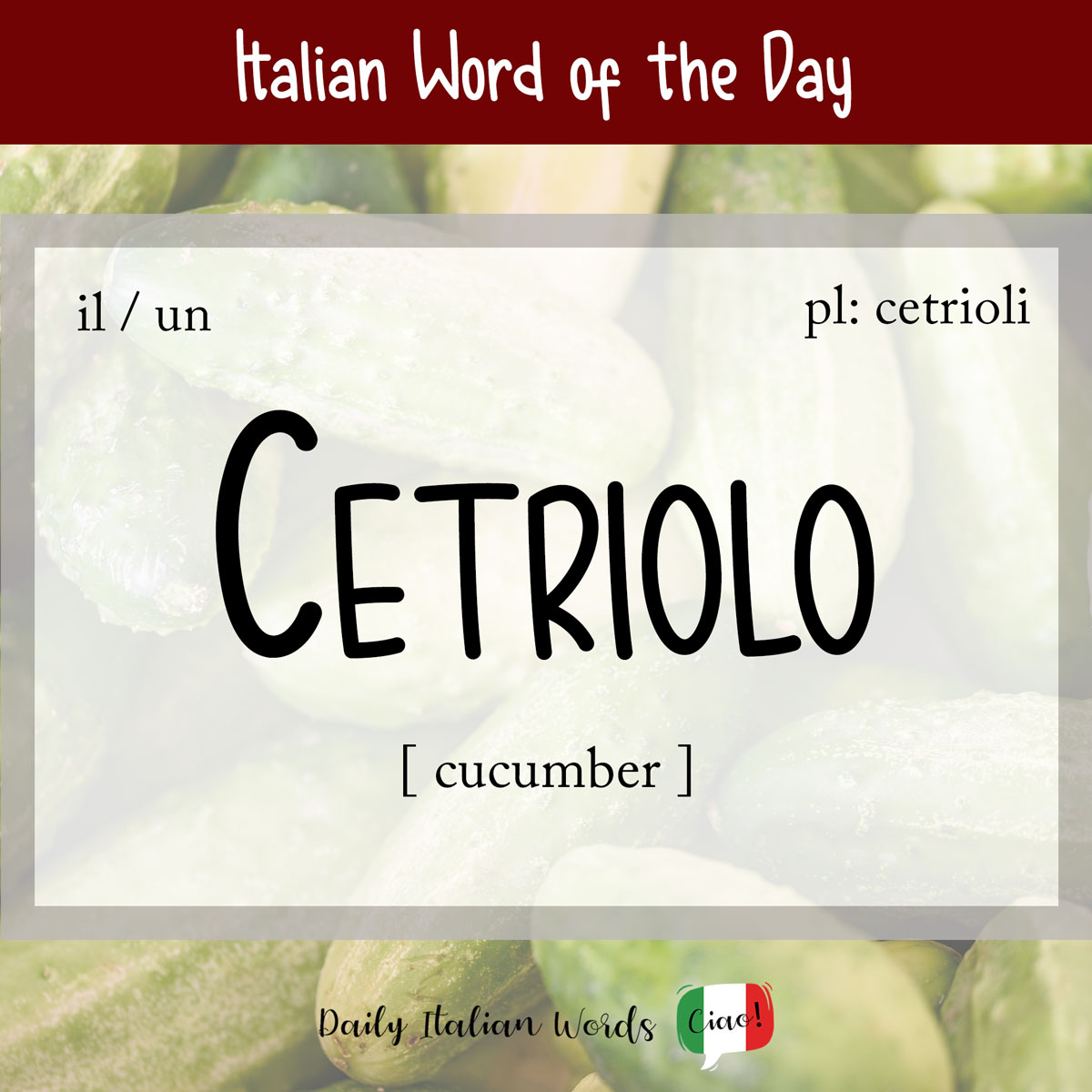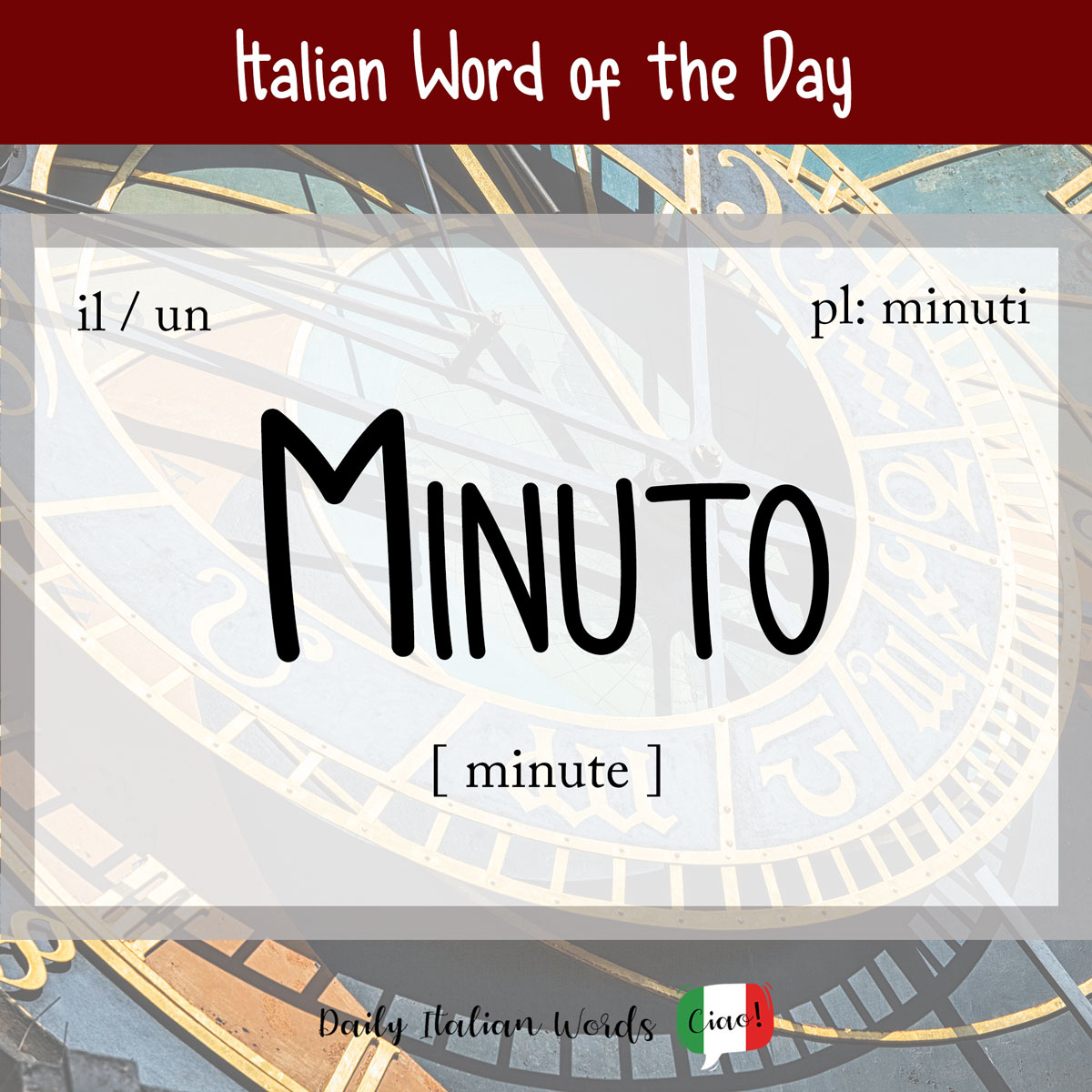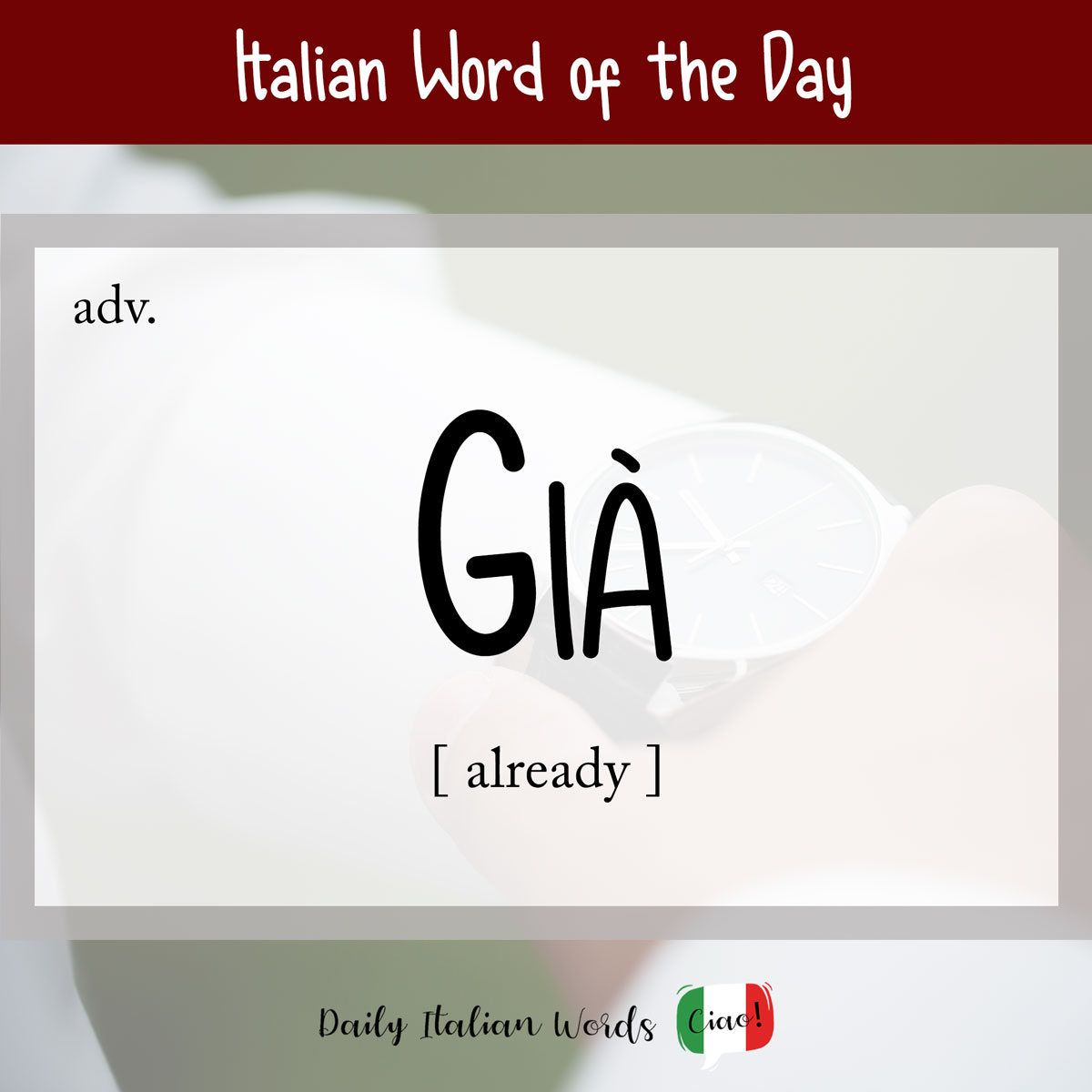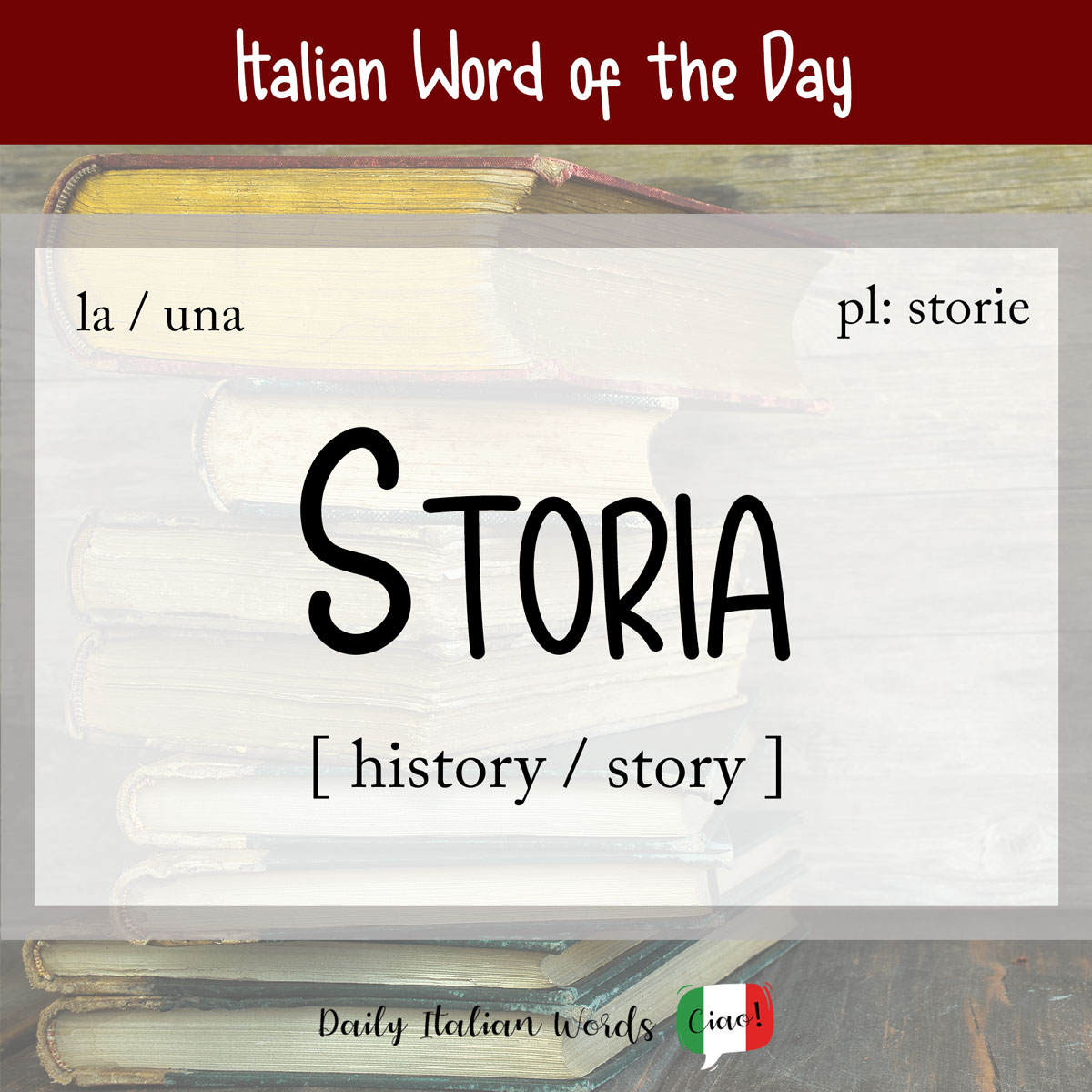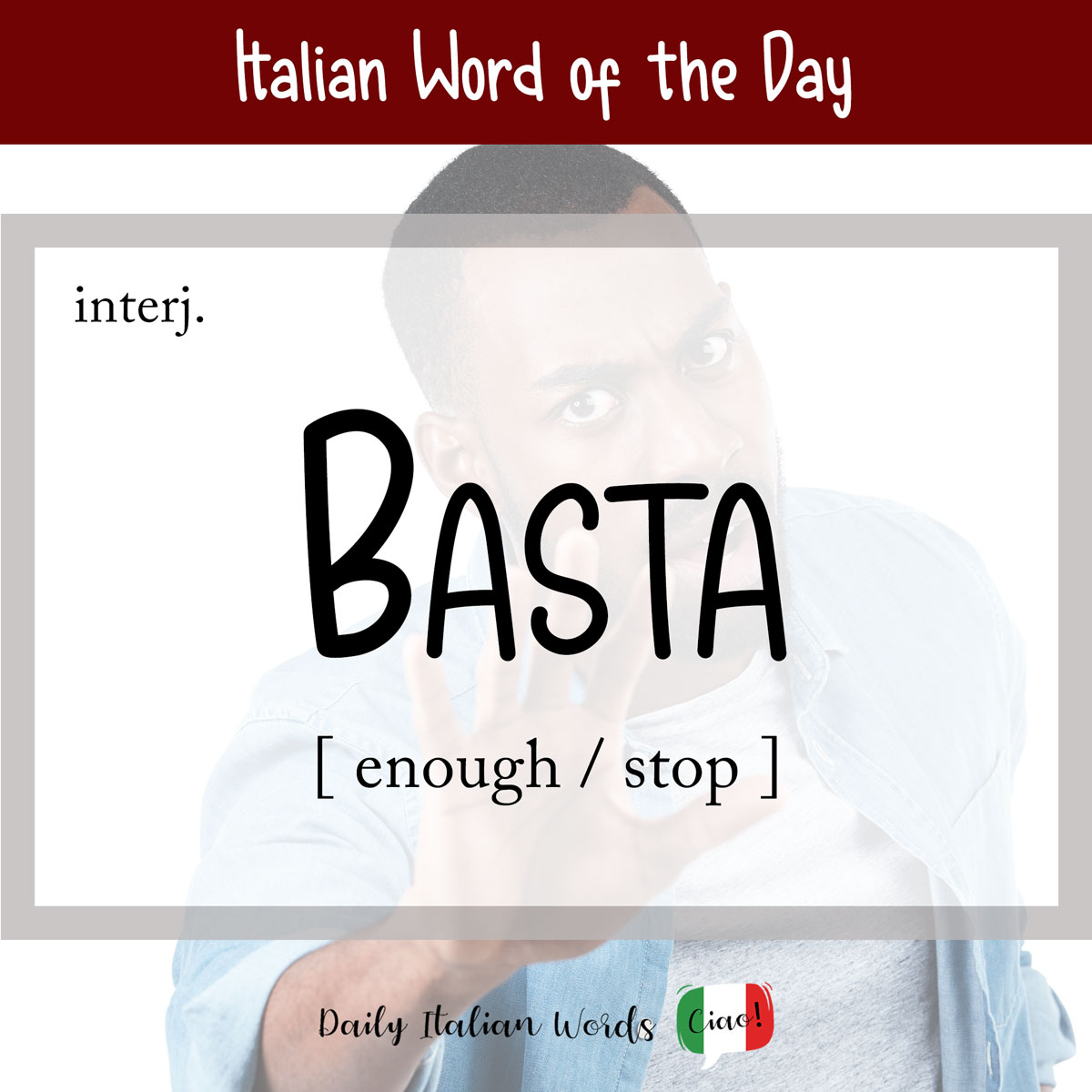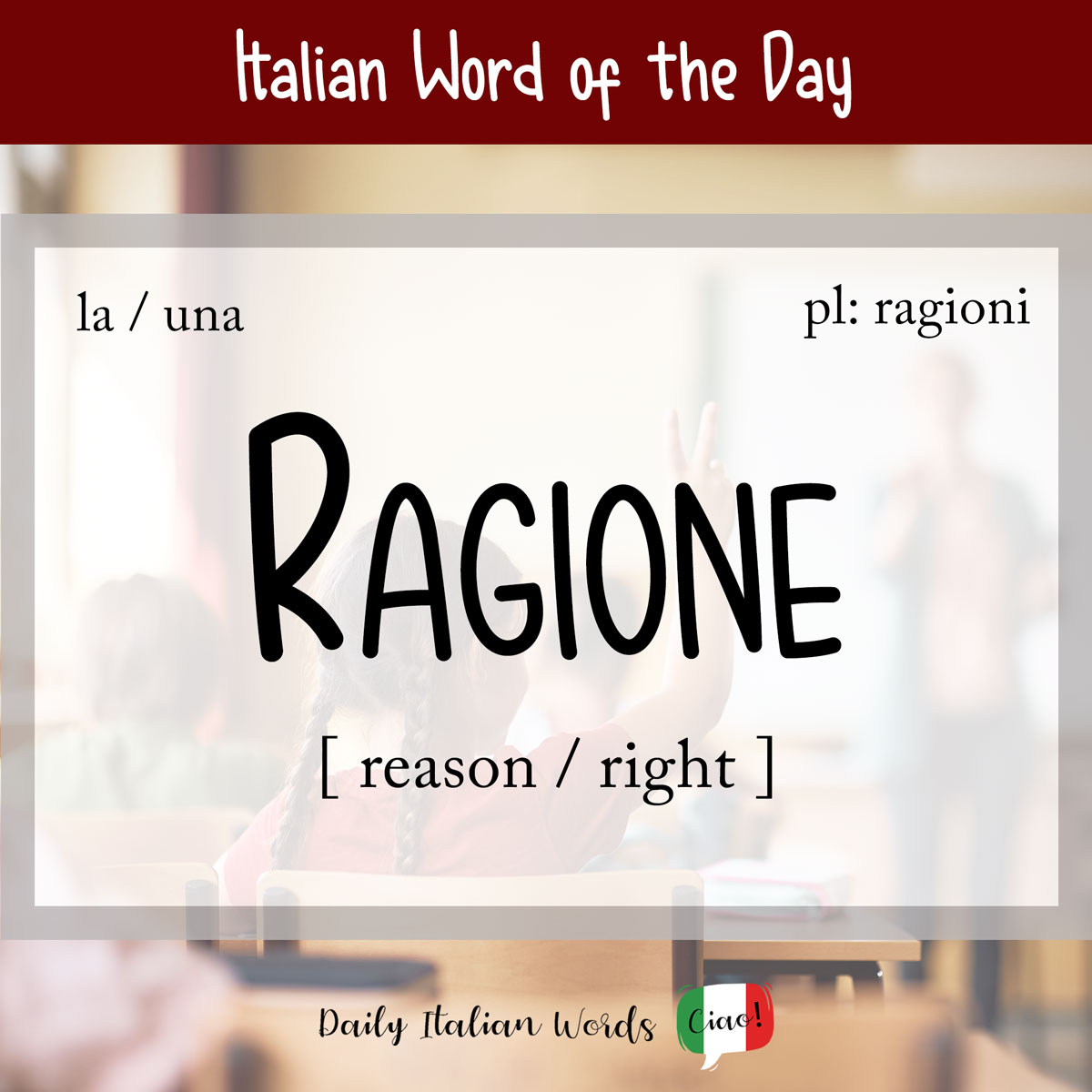Italian Word of the Day: Cetriolo (cucumber)
Cetriolo is the standard Italian word for cucumber. Is is derived from the Vulgar Latin citriòlum, and in turn from citrium, which comes from citrus (meaning “citron”). cetriolo cucumber Being a masculine noun, it takes the following definite and indefinite articles: Ricordati di prendere un po’ di cetrioli quando vai al supermercato. Remember to buy …

